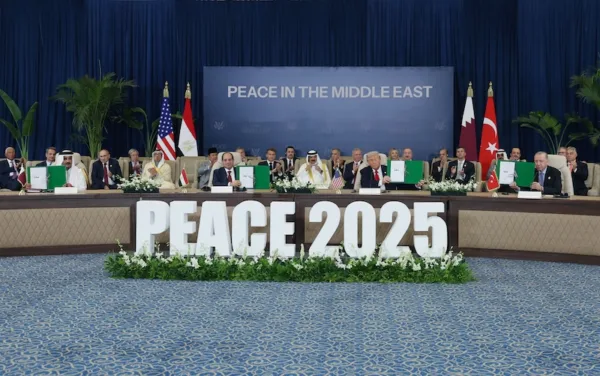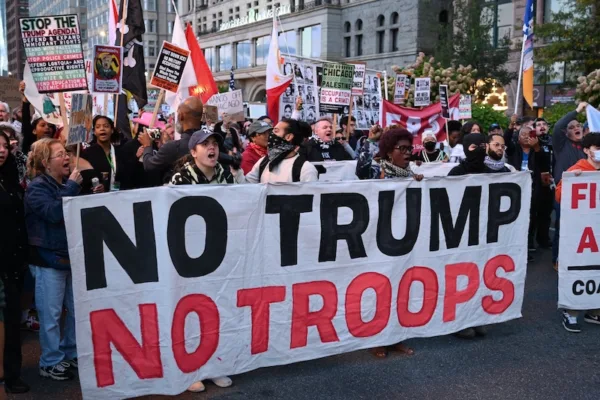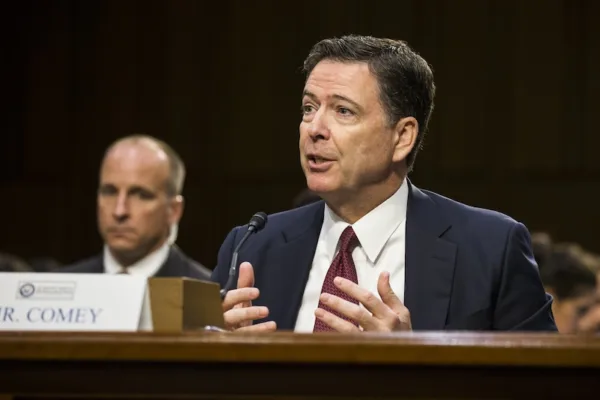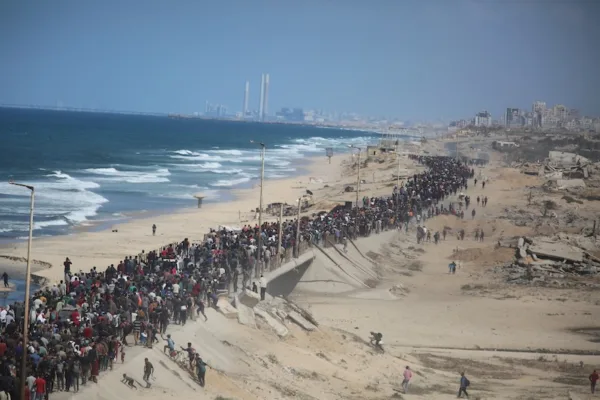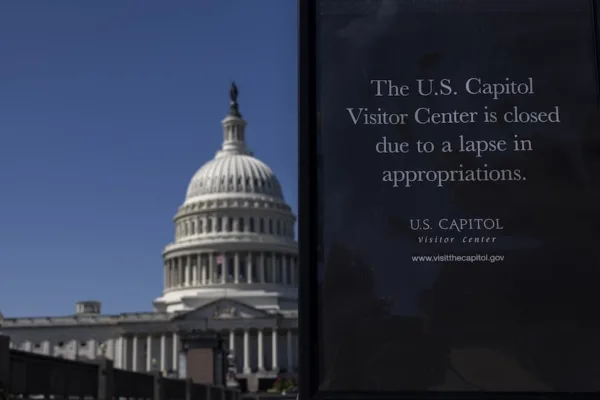The Massacre in Paris and How To Prevent Another One
The attack in Paris signals a potential dangerous escalation, which if not contained could play a very destabilizing role in Europe.
When Anders Breivik, a terrorist, targeted the citizens of Norway and teenagers on the island of Utoya a few years ago killing more than 70 people, he declared his main goal was to attract attention to the rising “Islamic threat” in Europe. In his writings he defended and propagated the idea of the necessity to deport all Muslims from Europe. Shortly after, his writings became a source of motivation for different radical groups to rally people. The same effect may take place after the Paris attack and there may be increasing empowerment of radicals as a result of these attacks. The first step to stop this radicalization is taking place in very somber commemorations in different parts of the world and the reaction to the violence as well as Islamophobia by the public.
Witnesses have described the events that took place in Paris the other day as a scene from a horror movie. Three terrorists stormed into the offices of the satirical magazine Charlie Hebdo with automatic rifles and killed 12 people including prominent cartoonists, editors and journalists of the magazine as well as two policemen and a maintenance worker. Together with Parisians, the whole world witnessed the horror that was perpetrated by these terrorists, especially the cold-blooded killing of a wounded police officer, who turned out to be Muslim himself, by a cellphone recording. On Wednesday night, in different parts of the world people were reacting to this terrorist attack by organizing vigils for the victims and standing up for freedom in the main squares of different cities.
Although organized, perpetrated and claimed by different organizations, individuals and groups, the threat of terrorism seems to be a growing problem that the international public needs to understand, assess and deal with in the coming years. To fight this threat that constantly adapts itself to a changing global order, geopolitical developments and advances in technology necessitates a collective enterprise that needs to include information and intelligence sharing by different countries’ security agencies, development of new mechanisms and strategies and the prevention of the emergence of the gray areas where these groups find refuge and grow. The impact of these factors have become apparent after the Paris attack when it was revealed that the two suspects were on the U.S. no-fly list and there were some allegations that at least one of the brothers might have received military training in one of the gray areas. However, it should be understood that these security precautions may eliminate the military dimension of these terror organizations, but they will not be sufficient to eradicate these groups. Everybody by now agrees that what is needed is a long-term strategy that will entail social and economic policies that has to take into account the increasing numbers of estranged, underprivileged and marginalized youth in the countries and the radicalization of youth among different groups. This will be one of the most difficult challenges to prevent the repetition of similar forms of attacks in Europe and in other parts of the world.
The attack in Paris signals a potential dangerous escalation, which if not contained could play a very destabilizing role in Europe. The terrorist attack on Charlie Hebdo overlapped with debates about foreign fighters in Europe that joined the Islamic State of Iraq and al-Sham (ISIS) and similar groups around the world as well as the rising Islamophobia in European countries. Authorities could not develop sufficiently sophisticated strategies so far against both of these different forms of radicalization. About foreign fighters, European countries tried to adopt the strategy of the international anti-ISIS coalition by bombing them and trying to track down those who go to Iraq and Syria instead of trying to contain the threat while they are still in their countries or finding a lasting solution to the conflicts in the region. Meanwhile, anti-immigrant and ultra nationalist groups in Europe have become louder and more visible and have become a serious threat not only for Muslims in Europe, but also to the multiculturalism and tolerance of the continent as well. More significantly, the intolerant discourse of these groups in recent months started to be considered normal. It was not surprising to see that immediately after this horrendous attack that was condemned by the members of different nations and religions around the world, far right groups, including the Patriotic Europeans against the Islamization of the West (PEGIDA), were quick to respond to the attack by saying that it was actually proof of their argument about the rise of the “Islamic threat” in Europe. Using the attack on Charlie Hebdo will likely be more frequent in the coming days and weeks and become a significant argument for far-right parties to rally voters in elections.
Although mainstream political parties and leaders in Europe have been very strongly criticizing statements by those on the far right, they have to continue to be watchful for a potential spiral effect in radicalization that this event can create in Europe. In the immediate aftermath of the attacks some mosques in France and even some Middle Eastern restaurants were attacked by some groups. This trend may continue in the coming days, which would fuel Islamophobia and may lead to more violent attacks on Muslims in Europe. This situation and potential attacks on Muslims will be an important raw material for extremist groups to use in their propagation and may lead to further radicalization of some groups of Muslims in Europe. The discourse of intolerance and hate in the messages of these different radical groups may lead to similar forms of attacks as well as potential confrontations between these two groups, which can spill over to communities by feeding mutual prejudices, stereotypes and preconceived notions about the faith of one another. The outcome will be significant destabilization of the inter-communal, inter-ethnic and inter-religious relations in Europe.
Despite these different pessimistic projections, there are several developments demonstrating that the authorities did not fall in the trap of these radical groups. So far the mainstream groups, political parties and prominent personalities released statements that indicate their dedication to avoid the traps posed by radical groups. However, in the coming days the authorities may feel more pressure from these radical groups and radicalized discourse, and the moment that they fail to resist these pressures will be the real victory for the attackers who stormed Charlie Hedbo. The most important instrument in this process to contain, control and confront radicalism will be to support and defend the values of tolerance and freedom and not to make these values the victims of this attack. European communities, regardless of their religions or ethnicities, including Muslims, have to defend these values and resist radical groups to shape the political behavior and actions of the majority.
This article was originally published in the Daily Sabah on January 10, 2015.














